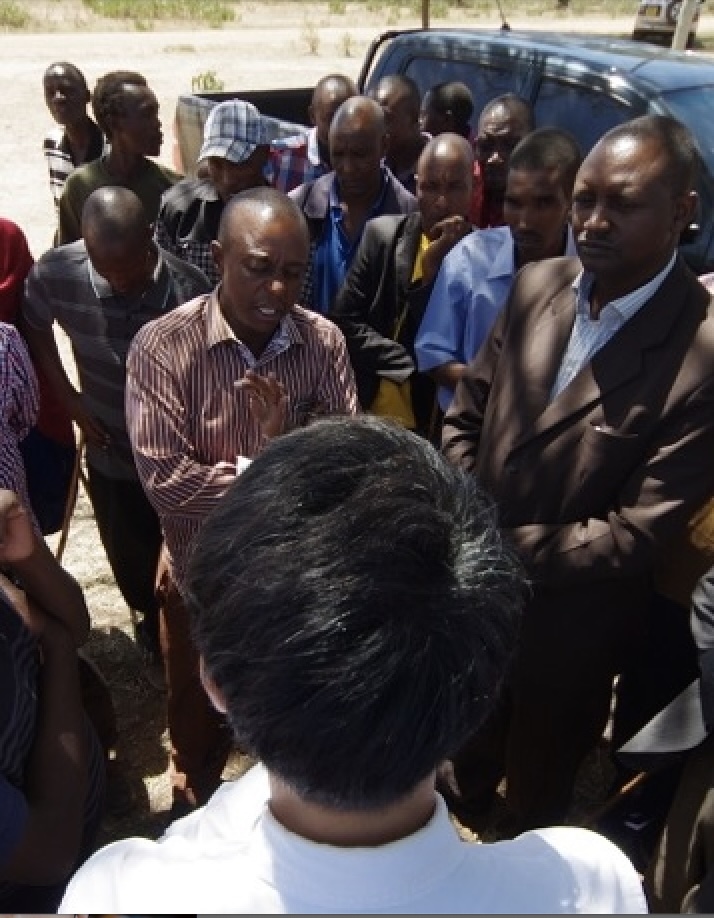Donghyun Danny Choi
Stephen Robert Assistant Professor of Political Science
Brown University
I am a scholar of comparative politics at Brown University. My research bridges the study of political institutions and intergroup relations to address the twin challenges of representation and inclusion in diverse democratic societies, primarily in Africa. In AY 2025–2026, I am on academic leave at MIT and Georgetown.
Prior to Brown, I was faculty at the University of Pittsburgh and a Postdoctoral Fellow at the University of Pennsylvania. I received my PhD in Political Science from UC Berkeley and a BA in economics with highest honors from Korea University.
